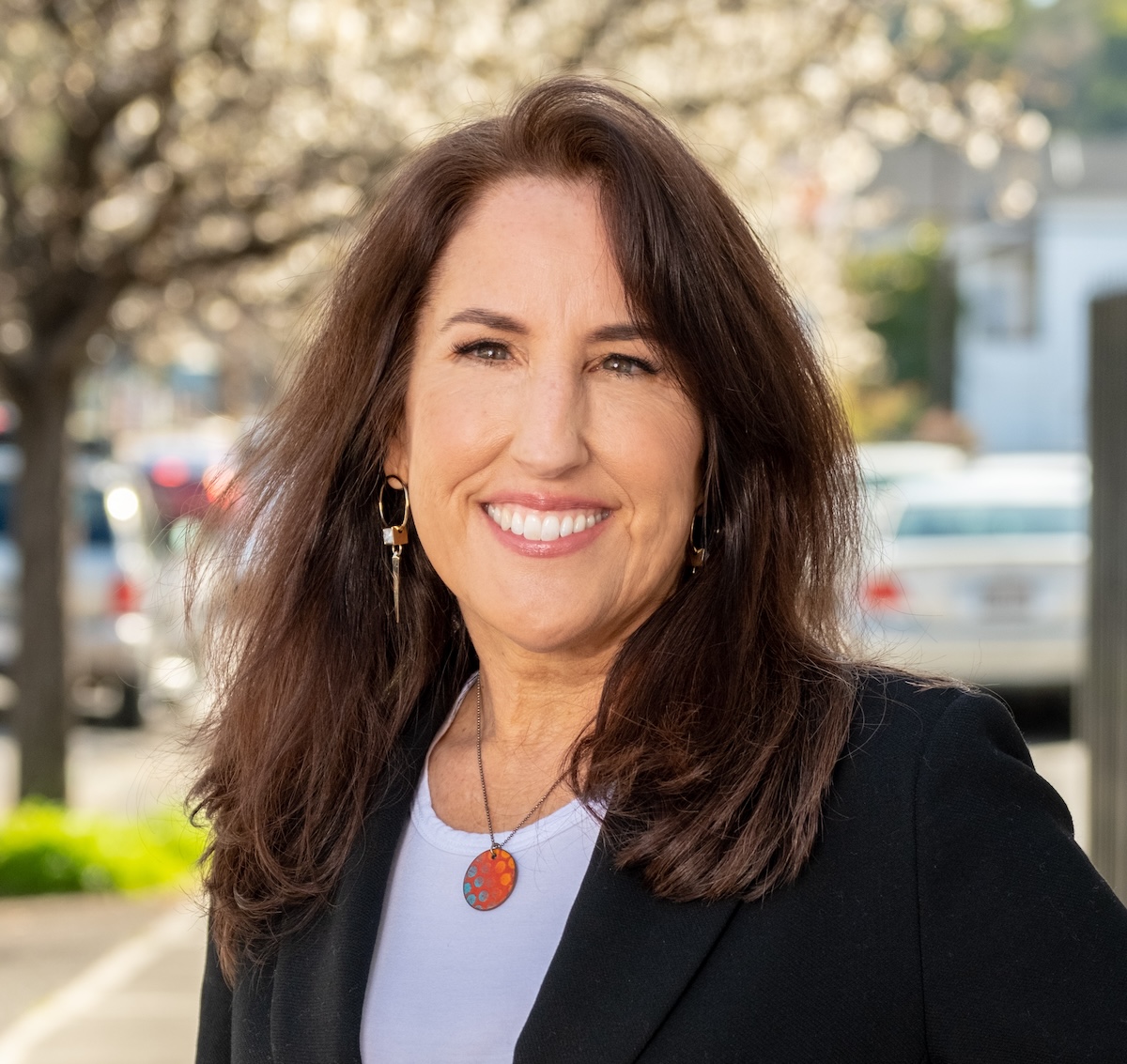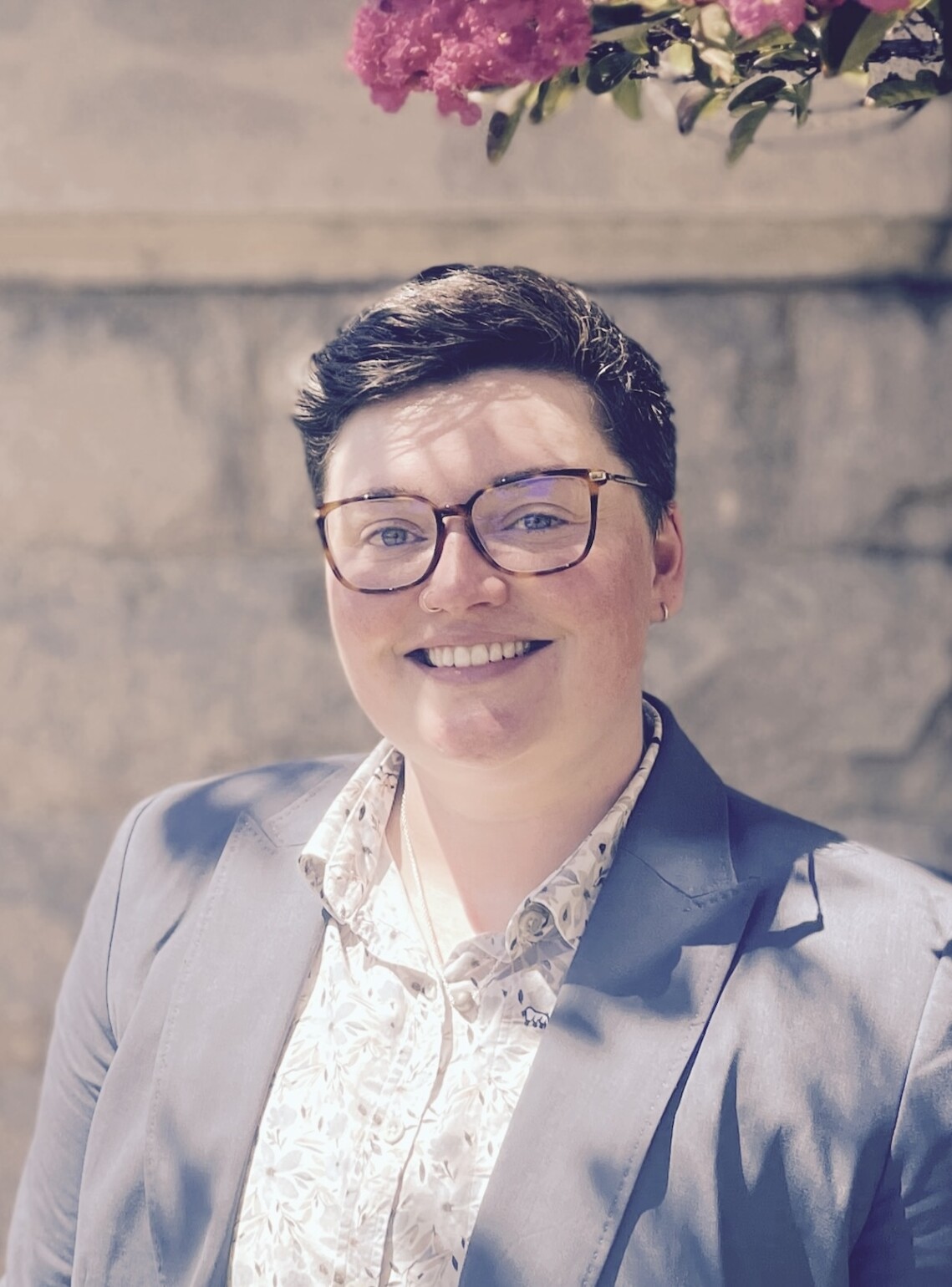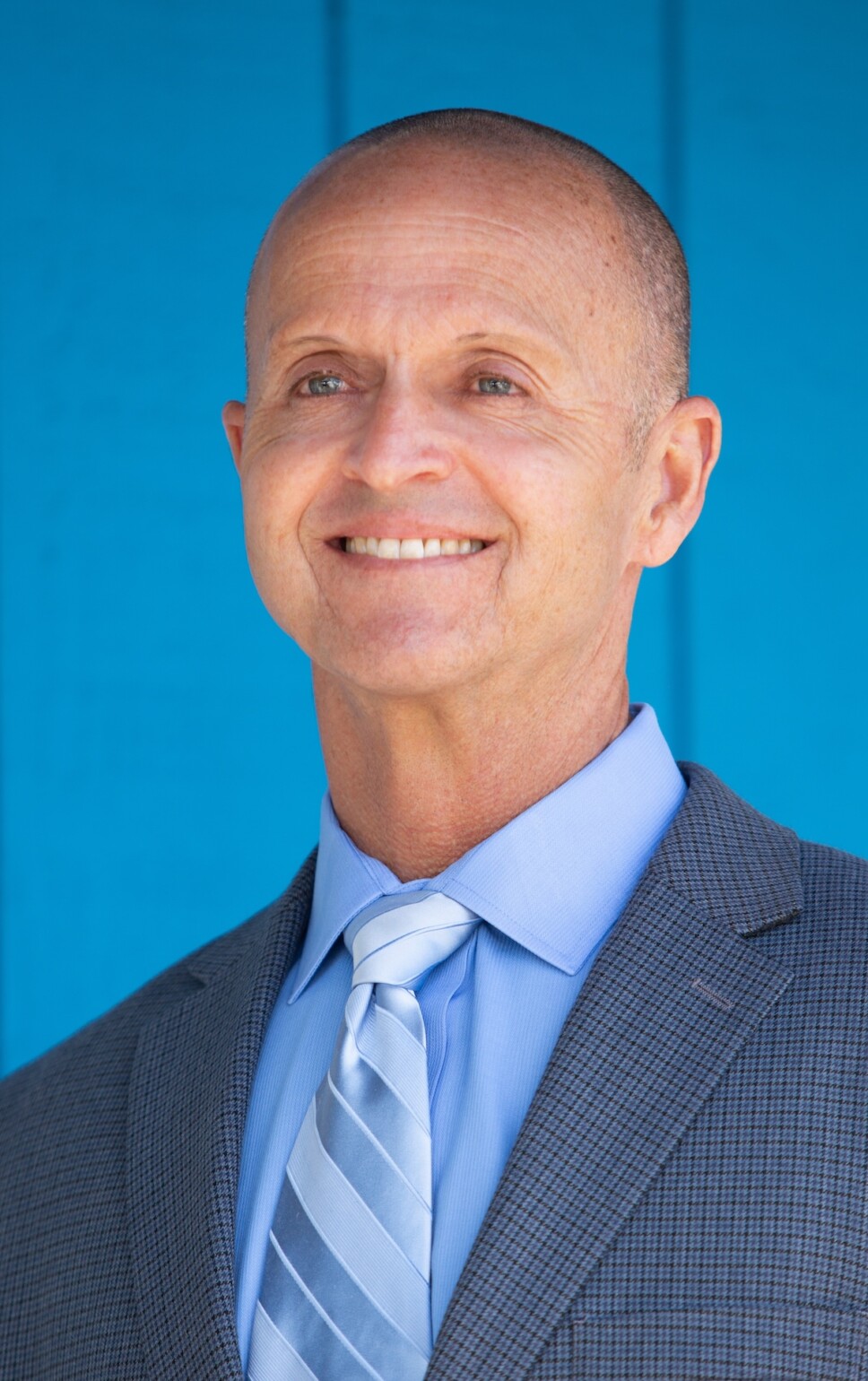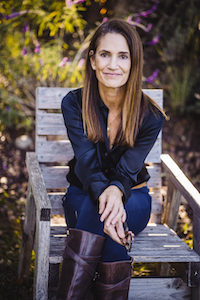Last year, when the U.S. Department of Urban Housing released the findings of a January 2023 national point-in-time homeless count, California was in the lead, and not the lead any state should be proud of. At that time, 181,399 people in California were experiencing homelessness and 123,423 people, 68% of the total number, were unsheltered (living on the street or in a car). California accounts for 49% of all people living on the streets in the U.S., and most experts in the field agree that lack of affordable housing in California, and the phaseout of pandemic programs to support the vulnerable, have worsened the crisis. Data shows that people experiencing homelessness increased by 8.5% in Marin County between 2019 and 2022. In Sausalito, San Rafael and Novato, homeless encampments grew and became permanent during the pandemic, generating a sense of hopelessness about the crisis amongst Marinites.
Yet, amongst those who spend their days working to address homelessness here in Marin, there is a surprising sense of optimism about the potential for the County to end homelessness in the not so distant future. Last fall the Marin Community Foundation, the most powerful philanthropic force in the county, announced a strategic initiative to address the homelessness and affordable housing crisis in Marin. “Housing and homelessness is the most critical issue the county faces,” says Vikki Garrod, the Chief of Staff for Marin Community Foundation. “We recently convened all the major players in the sector — elected officials, nonprofit leaders, regional experts, affordable housing developers, etc. — they have the expertise, and they unanimously agreed: together we can do it.”
For inspiration, MCF and partner agencies are looking to cities like Houston, which has bucked national trends and greatly reduced their homeless population with a Housing First approach, or San Diego, a city that increased access to low-income housing with an innovative Affordable Housing Fund. “The thing I’d love people in Marin to recognize is that we really can do it here. Homelessness is upsetting and can feel intractable, but it is absolutely solvable,” says Rhea Suh, the President and CEO of Marin Community Foundation. What gives Suh this conviction? It is Marin County’s resources, combined with the level of sophistication and experience amongst the coalition of groups working on homelessness and affordable housing, she says. One critical puzzle piece, says Suh, is community support and patience. “It is a tricky thing to beg for the patience of folks who are not feeling safe,” says Suh. “But we can get to functional zero homelessness, and that should make people in Marin feel hope.”
Below we hear from several of the “key players” working with MCF to better understand the work their organizations are doing to end homelessness in Marin.
Christine Paquette, St. Vincent de Paul Society: Protecting Vulnerable Seniors

According to Christine Paquette, Executive Director of St. Vincent de Paul Society of Marin, the older population in Marin has been acutely affected by the affordable housing crisis. “Seniors generally can’t increase their income, and when they lose their housing, older adults are often relegated to their cars.” In the 1970s and ’80s a popular approach was to move people to other counties where there is more affordable housing. But Paquette strongly disagrees with this approach, especially for seniors. “People have their lives in Marin — their doctors, their social groups, their church,” she says. “In fact, loneliness is more harmful to health than smoking, so moving is not a solution for seniors.”
St. Vincent de Paul Society has been in Marin since 1946, offering assistance programs from meals to case management to emergency funds to support over 10,000 people annually. “Finally, there’s a spotlight on prevention in the county,” says Paquette, referring to the recent convening of leaders working to support the unhoused. “St. Vinnies,” as the organization is affectionately known by the community it serves, offers aid through Rapid Rehousing Assistance and Crisis Assistance to prevent evictions.
“We aim for early interventions, because after only one month on the streets we see a decline in mental health, and the development of addictions,” says Paquette. “Many of the people we help are precariously perched: they have no emergency fund, and we can help them with an emergency.” St. Vincent’s programs strive to place individuals and families in permanent supportive housing by providing everything from rental deposits, rent subsidies, case management, budgeting and medical and rehabilitation care to the vulnerable population, including those who have been laid off, seniors who are on a fixed income and risk losing their housing, families with medical crises and those with disabilities or substance abuse issues.
With the goal of addressing homelessness upstream, St. Vincent’s has also set up a Housing Help Desk with walk-in services. “We want to create as low a barrier as possible to getting help,” says Paquette, who cites Marin’s lack of affordable housing as the main obstacle to offering housing to seniors, or anyone in trouble. “We rely on affordable housing providers to create units, and we need landlord recruits, people who will accept section 8 vouchers,” she says. “We have created a system to get homeless people housed and stay housed permanently,” says Paquette. “So yes, when we can get housing for people, it is going very well.”
Laura McMahon, Legal Aid of Marin: Legal Services Can Prevent Homelessness

“Our donors and funders understand that legal services can change lives,” says Laura McMahon (they/them), Executive Director of Legal Aid of Marin (LAOM). According to McMahon, LAOM’s goal is to increase housing stability, and half of LAOM cases are eviction defense and homelessness prevention cases. Last year, LAOM, the only organization in Marin representing tenants with eviction defense for free, represented over 500 low-income tenants, and served over 2,000 people county-wide.
“Right now there is a movement in Marin to recognize our responsibility and the work to be done. I find it powerful, as we see the strategic plan that Marin Community Foundation is rolling out — it is galvanizing people, galvanizing experts who work in this field every day.” As Covid-era protections evaporated, an increasing number of people have been evicted for non-payment of rent, says McMahon. “Owning property is an ideal, but most people don’t,” they say. “To own property you have to accumulate wealth. And in order to accumulate wealth you have to have privilege. Those things aren’t bad. It’s just that when you have privilege you also have a responsibility to use that to help others.”
McMahon compares LAOM to an essential service, similar to a firefighter or an EMT, a service provider that steps in at a critical time in people’s lives. “In Marin, with the natural beauty and people with resources, poverty can be almost invisible,” they say. “It has been powerful for me to see the face of homelessness — it is not what people think.” McMahons says that counter to the stereotypical notion of a homeless person who is on drugs and doesn’t not want to come off the streets, what they see is a significant portion of the individuals facing homelessness are working people who would like to hold onto their home.
The second directive of LAOM is policy advocacy — advocating for equitable housing law changes in Marin. McMahon and her colleagues see rents increasing, people unable to pay, widespread mistreatment of tenants and landlords violating the laws, whether by price gouging — increasing rent more than the state cap of 10% — or telling people they have to move without going through the lawful eviction process. “The laws need to change around tenant protection and rent stabilization — the ‘just cause’ eviction protections,” says McMahon. “So real changes need to happen in the law and, most importantly, those laws need to be enforced.”
Mark Shotwell, Ritter Center: A Clinical Program With a Housing Component

Ritter Center CEO Mark Shotwell has worked on the front line of homelessness in the Bay Area for decades and has formed a very clear vision about what works and what does not work over the years. “In SF they blame the victim, but what caused the housing rental spike? Partnerships with Big Tech and no thought about how to keep middle and low income people in the city. The housing crisis we are facing now started long ago,” says Shotwell. “So many families are in a fragile situation and the reality is that the cost of housing in Marin and the entire Bay Area, for service providers or anyone working in the non-profit sector, is out of reach.”
In 2011, the Ritter Center pioneered the Housing First approach in Marin County to address homelessness. “That means we do whatever it takes to get people into housing and then do whatever it takes to make sure those people are successful in their housing,” says Shotwell. Take, for example, a person who has been homeless for 20–30 years. They have not had practice with living in a home, and they likely have chronic conditions, such as substance abuse, trauma and other co-occurring conditions that need treatment. “We wrap them in these services. So we are a clinical program with a housing component,” says Shotwell.
In 2016, the Marin County Board of Supervisors adopted the Housing First approach, and in 2017, in collaboration with St. Vincent de Paul and the Marin Housing Authority, Ritter Center launched the County of Marin’s Whole Person Care pilot program to create a coordinated system of care. Now, six years later, the success of the program is clear. “In Marin County we and our partners have housed over 700 people since 2017 with a 94% retention rate, which is better than the national average. And, we are on track to end veterans’ homelessness by 2024,” says Shotwell.
During the pandemic, Martin v. Boise, a case that prevented cities from removing encampments if they could not provide adequate shelter for the homeless, made permanent encampments legal, something that has sparked controversy county-wide. Shotwell points out that legal encampments have allowed service providers and case managers regular contact with homeless individuals, helping them to stabilize health, mental health and substance abuse disorders and getting people on the list to get into housing.
Shotwell’s optimism about this moment of collaboration and support from the Marin Community Foundation is tempered by the fact that 900 people are still on the list to get housing. “It will take 7.5 years to house the remaining 900 people on the list,” he says. “But there are people on the list who won’t make it 7.5 years. People often die within the first five years of living on the street.” The only way to expedite the process, he says, is to expand affordable housing in our communities and to offer housing vouchers with full support services. “In Marin, 80% of our philanthropy goes out of the county — we need to get our money focused on local nonprofits,” he says. “Folks in Marin have good values, and addressing homelessness and the housing crisis is a good business plan. It will build our community. Donors need to understand that their money will have an impact on our community.”

Kirsten Jones Neff is a journalist who writes about all things North Bay, with special attention to the environment and the region’s farmers, winemakers and food artisans. She also works and teaches in school gardens. Kirsten’s poetry collection, When The House Is Quiet, was nominated for the Northern California Book Award, and three of her poems received a Pushcart nomination. She lives in Novato with her husband and three children and tries to spend as much time as possible on our local mountains, beaches and waterways. For more on her work visit KirstenJonesNeff.Com.


